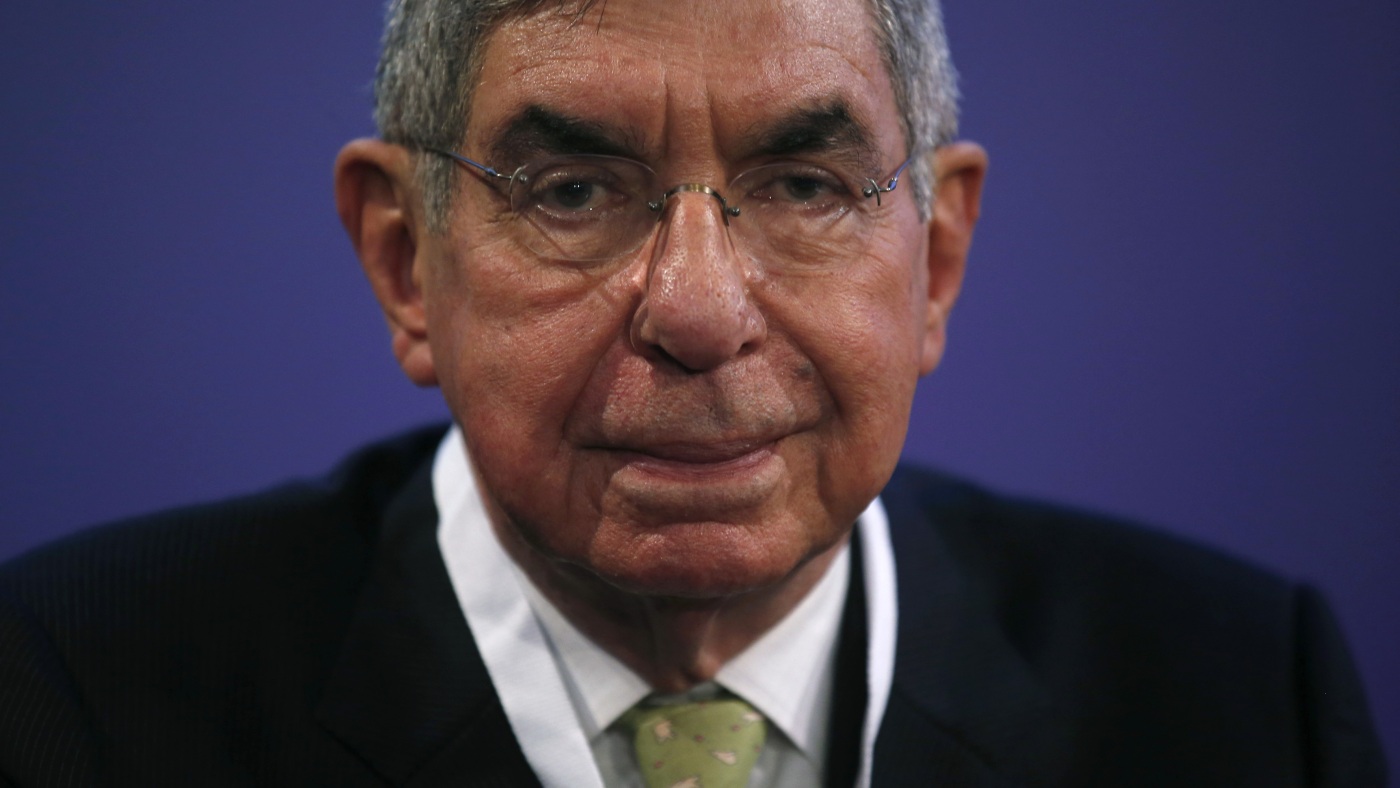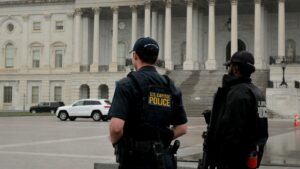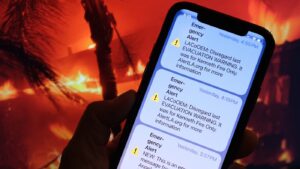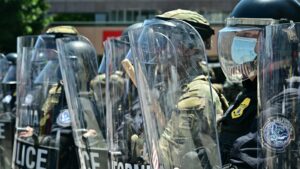Oscar Arias Sánchez Faces U.S. Visa Revocation Amidst Political Tensions
In a surprising move, former Costa Rican President and Nobel Peace Prize laureate Óscar Arias Sánchez has had his U.S. visa revoked by the State Department under President Trump’s administration. The decision has raised questions about the reasons behind it and the broader implications for international relations.
Arias Sánchez, who has served as Costa Rica’s president twice, was informed by U.S. Embassy officials in Costa Rica that his visa was revoked due to his connections with the Chinese government. During his second term, which spanned from 2006 to 2010, Costa Rica established formal diplomatic relations with China, aligning with its open economy strategy.
Earlier this year, Arias Sánchez publicly criticized President Trump on social media, drawing a parallel to a “Roman emperor” and questioning his policies. He expressed concerns to NPR that these criticisms might have contributed to the revocation of his visa.
“The president has a personality that is not open to criticism or disagreements,” Arias Sánchez remarked.
When NPR reached out for a comment regarding the visa revocation, a State Department spokesperson responded, “Visa records are confidential under U.S. law; therefore, we cannot discuss the details of individual visa cases.”
In a conversation with NPR’s Leila Fadel, Arias Sánchez elaborated on the recent developments, his perspectives on President Trump, and the broader U.S. policies. Arias Sánchez revealed that he received an email notification about the visa cancellation and subsequently visited the U.S. Embassy for clarification. The embassy cited his ties to China as the primary reason for the revocation.
Leila Fadel: How do you think your public criticisms of President Trump influenced this situation?
Arias Sánchez: It’s uncertain. While the embassy mentioned my association with China, I suspect my criticisms of the president may have played a role due to his intolerance for dissent.
The Trump administration’s stance on individuals with perceived “hostile attitudes” towards the U.S. has also been a point of contention. Arias Sánchez responded, “I don’t have a hostile attitude towards the United States. Friends sometimes agree, sometimes disagree.”
Highlighting his longstanding connections to the U.S., he noted that both his children were educated at prestigious American universities, and he has received numerous honorary degrees from institutions across the country. “I am a good friend, but I also have fought for noble causes,” he stated.
Reflecting on past U.S. policies, Arias Sánchez recalled his opposition to the Reagan-era support for Contra rebels in Nicaragua, emphasizing that he did not allow such operations within Costa Rica during his presidency.
Leila Fadel: Given your prominent status, what do you think this visa revocation says about the current U.S. administration’s policies?
Arias Sánchez: I disagree with the approach. Criticism should be valued in a democracy as it fosters dialogue and agreements. My experiences have taught me the importance of freedom of press and expression in democratic governance.
As the dialogue around U.S. foreign policy continues, Arias Sánchez’s case underscores the complexities of international diplomacy and the impact of political discourse in shaping global relations.






